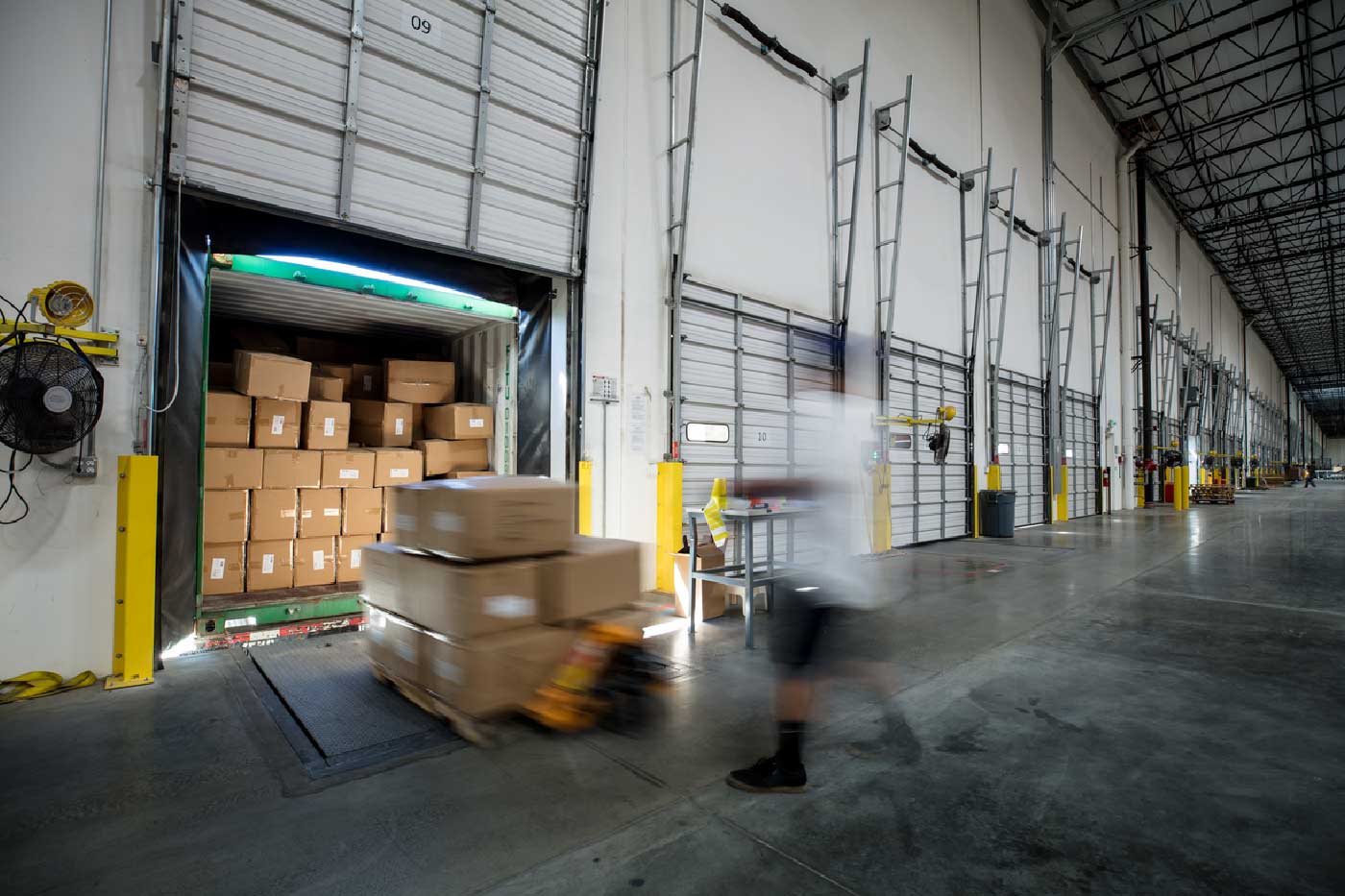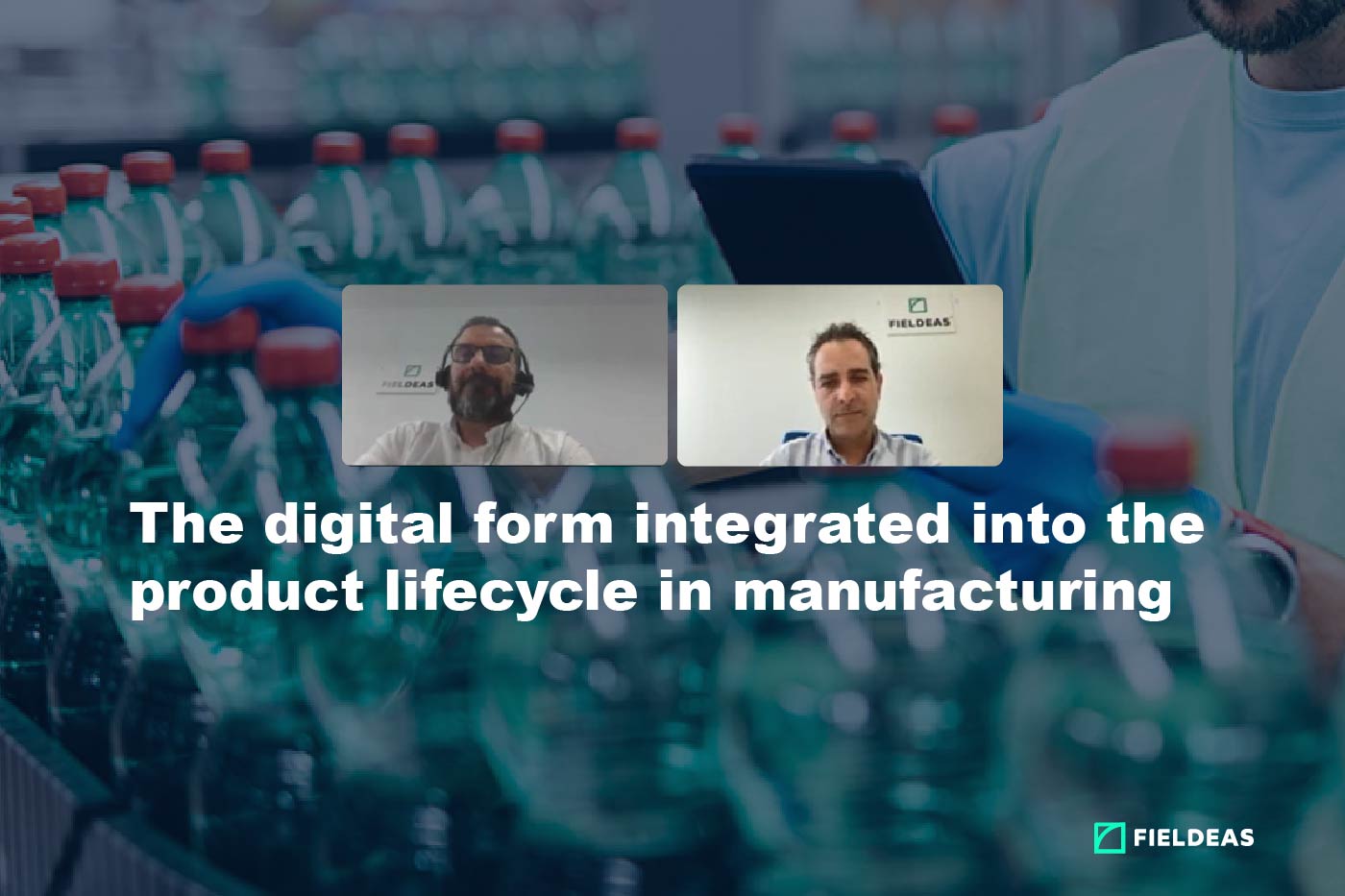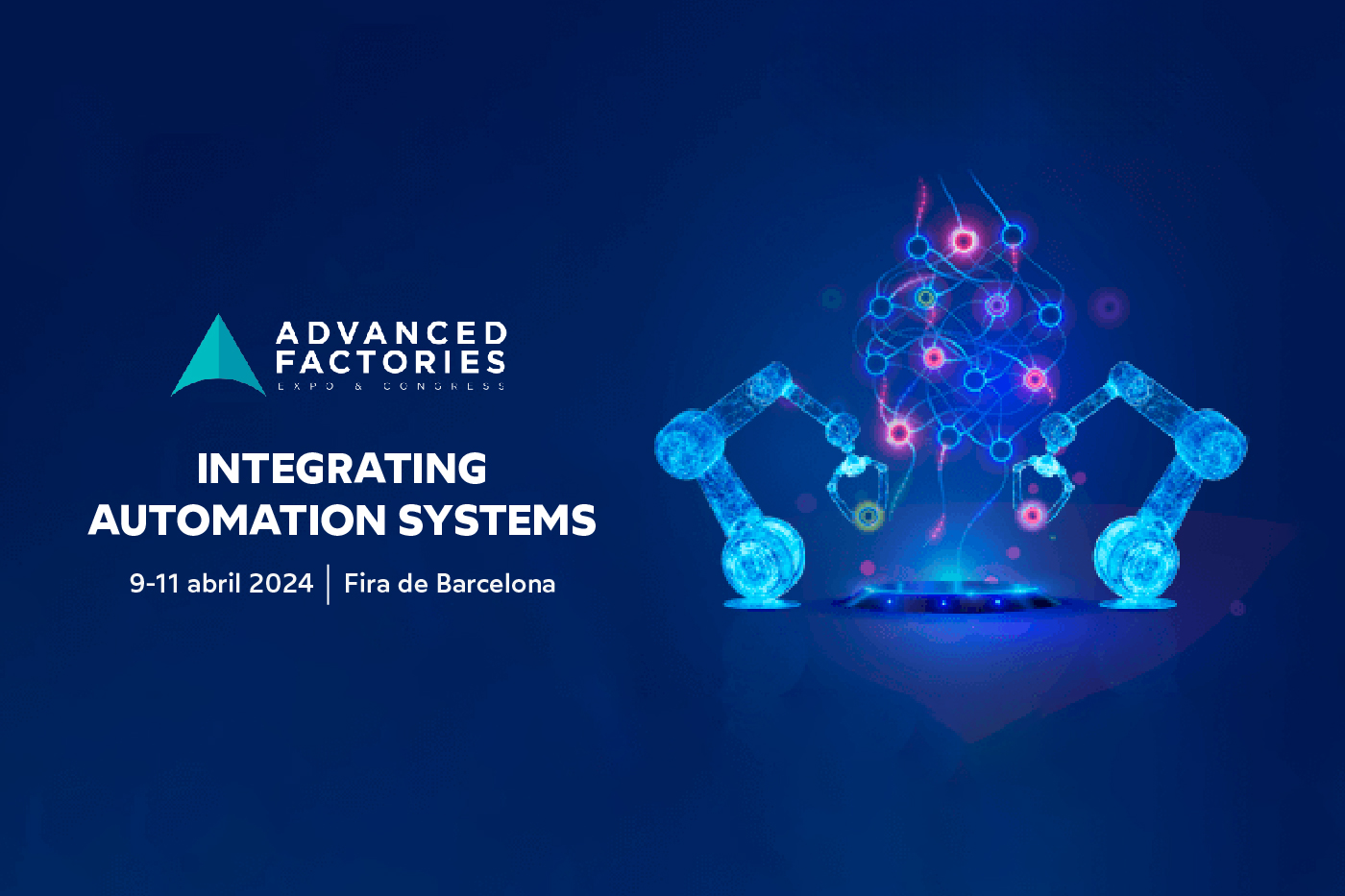The healthcare crisis and the difficult economic situation that is leaving uncertainty surrounding the coming months have become a litmus test for logistics management.
Various studies affirm that, in order to cope with a time marked by strong tensions that supply chains have to face, companies need to boost their agility.
A recent study prepared in July by KPMG and CEOE estimates that, in this new stage, the solutions implemented to optimize people management, increase productivity and drive innovation and digitization will have a decisive impact on the performance of companies in all business segments.
In the field of logistics management, the coming months will be key for the future of companies, since, once the health emergency is over, companies are beginning to take measures to assimilate the impact that the crisis has had on their businesses and to manage their activity in a scenario of high uncertainty.
In this process, managers will focus on operational optimization and digital transformation.
In more detail, the entrepreneurs surveyed in the KPMG and CEOE study point to two strategic priorities to be implemented in the next twelve months.
The first of these is process improvement, highlighted by 60% of the managers surveyed, while digital transformation, noted by 57% of the sample, is the second.
The low visibility offered by such an unstable environment makes it difficult to make the right business decisions at such a difficult time.
In order to be able to react swiftly and decisively in this context, companies are obliged to strengthen their commitment to new technologies.
This commitment to technology must be aimed at enhancing the resilience of logistics companies in order to ensure their survival in a complex, contradictory and highly variable environment.
Resilience in the supply chain is defined as the ability of companies to prepare for unexpected risks, react and adapt means and capabilities to respond appropriately.
The aim of these measures is to return to the situation that existed before the threat appeared, or to position the company in a more favorable situation that will allow it to improve customer service, increase market share or profitability.
However, a Gartner survey certifies that only 21% of logistics companies have a resilient supply chain, with adequate visibility and the agility to react quickly to the challenges of a complex and unstable market.

Likewise, the Gartner paper also points out that strategies to increase supply chain resilience involve long-term work and, generally speaking, increased costs.
In the same vein, Gartner identifies six strategies to boost supply chain resilience.
The first consists of creating a stock buffer, the second focuses on diversifying production and supply networks, the third involves dispersing supply areas, the fourth involves bringing supply points closer together, the fifth provides for a standardization of procedures and the sixth advocates a push for collaboration.
But, on the contrary, some MIT experts believe that bringing the different links of the chain closer together does not in itself guarantee the resilience of the supply chain.
However, MIT advocates concentrating efforts on enhancing visibility into supply chains, as there may be hidden risks in the supply chain that need to be detected.
In this way, companies can be in a position to make a diagnosis of the situation that allows them to take measures appropriate to a specific situation.
Likewise, resilience also implies agility in decision making that allows management to adapt to changing circumstances.
In turn, agility and proper decision making can only be achieved through an adequate visibility system that generates relevant and real-time information.
FIELDEAS Track and Trace is a high-performance visibility system, with high analysis, diagnosis and comprehensive data management capabilities.
The software is able to deliver flawless results in unstable and complex situations such as the one left by the pandemic, as it offers complete visibility of the entire supply chain in great depth, reaching even subcontractors and freelancers.
In addition, the solution makes it possible to advance along the path of digitization, which is essential in the current circumstances, from a complete perspective.
Gathering information from all data sources. With instant access to predictive information for total control of operations, including digital delivery note management and eCMR with advanced digital signature. Improving the efficiency of the process, from a single platform, totally eliminating paper, with total legal guarantee and simplification of administrative tasks by integrating the information in your systems.
In short,FIELDEAS Track and Trace empowers operators’ hyperconnectivity, in order to improve management, reduce risk and errors in an unstable environment, and fine-tune customer service with complete, real-time information. And to achieve “Transparent, efficient and sustainable transport”.














